
Book
The AI Economy
The Robot Age
Nicholas Brealey Publishing,
2019
Mehr
From: THE AI ECONOMY by Roger Bootle. Summarized by arrangement with Nicholas Brealey Publishing. Copyright © 2019 Roger Bootle Limited
ISBN: 9781473696150
Pages: 224
ISBN: 9781473696150
Pages: 224
Recommendation
Economist Roger Bootle presents a no-nonsense, evidence-based assessment of what humanity can expect in the coming decades. AI will likely deliver growth in GDP and living standards beyond anything seen in almost 50 years. The book sometimes has a rushed feel, but Bootle’s sensible, levelheaded and practical view of the coming age of AI seems correct and convincing, even though he warns throughout that – predictions being what they are – he may well be wrong.
Summary
About the Author
Roger Bootle is the founder and chairman of Capital Economics and writes for a major British newspaper. Bootle and his firm won the Wolfson Economics Prize in 2012.
By the same author
Learners who read this summary also read
Report
Book
Article
Article








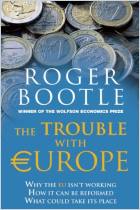
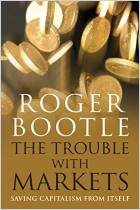
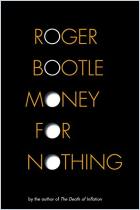
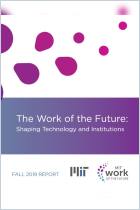
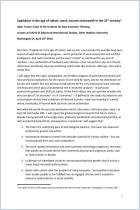
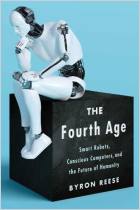
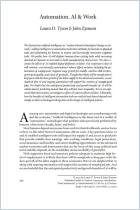

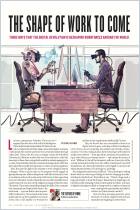
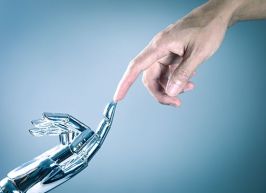


Comment on this summary or Diskussion beginnen